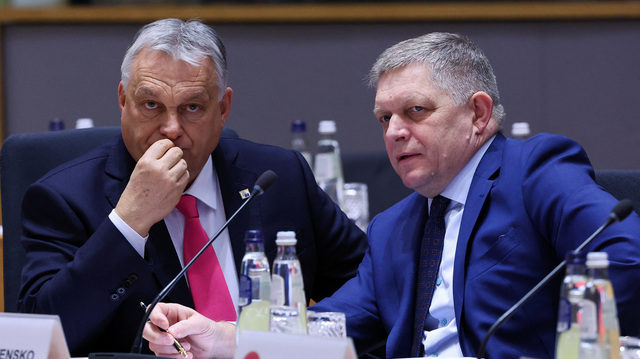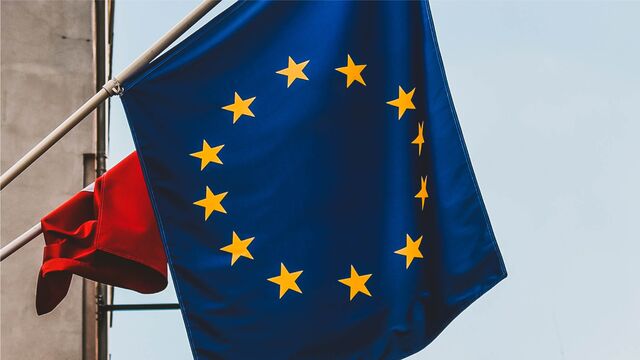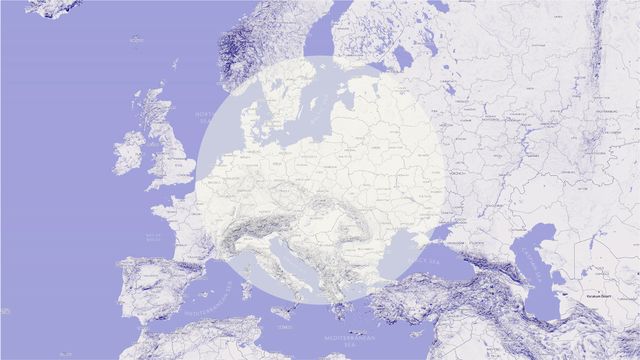Beyond sovereignty as authority: the multiplicity of European approaches to digital sovereignty

With the rise of digital technology, the EU has sought to secure digital sovereignty for its member states. Extending beyond mere regulation and the political realm, what approaches has the EU used to secure digital sovereignty?
Abstract
Digital Sovereignty is core to many contemporary debates on the regulation of digital technology, securing supply chains and strengthening the digital economy. In this paper, we focus on the European debates and policies around this project. We argue that the notion of digital sovereignty should be understood more as an overarching economic, societal and geopolitical project, rather than a project aimed at achieving any kind of political sovereignty or autarky in the digital sector. We arrive at this conclusion by analysing European policy documents and commentaries from various stakeholders for two cases: platform governance and semiconductors. The case of platform governance shows how the EU and its member states struggle to extend their regulatory power over the ‘data monopolies’ of the major Silicon Valley companies. The other is semiconductors, where the EU has kick-started several projects to improve the competitiveness of European manufacturers in a highly integrated global market. These examples demonstrate two things: a) that the pursuit of digital sovereignty does have some impact on the Internet (platform regulation) but also extends to other technological fields beyond it (semiconductors) and b) that digital sovereignty is not only a regulatory or technological project but also an economic, societal and geopolitical one.








